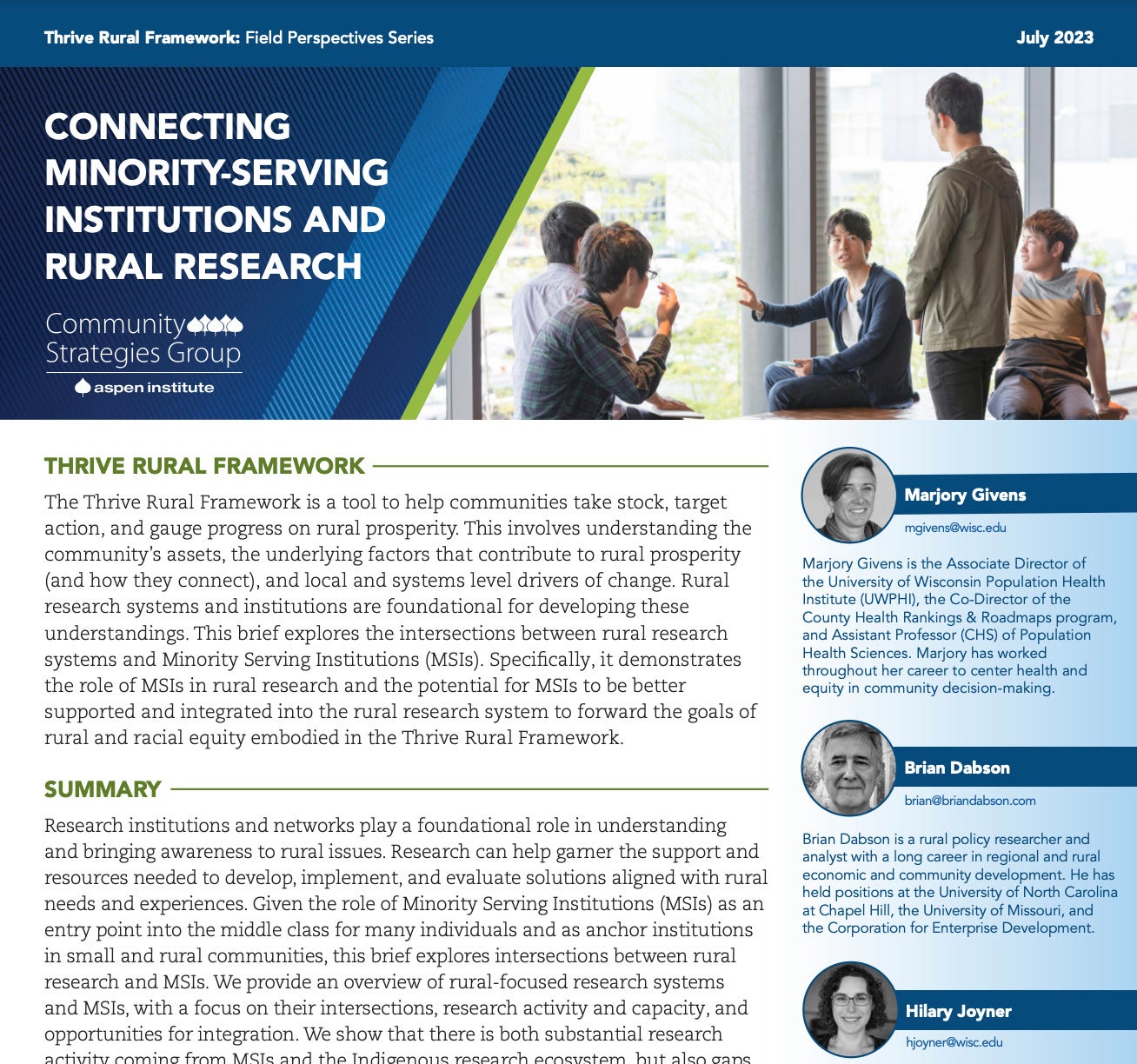Earlier this month, New York became the first state to enact legislation making public colleges and universities tuition-free for low- and middle-income students. The Empire State’s decision to cover tuition at all public colleges and universities extends pledges made by other jurisdictions — including Chicago, Oregon, San Francisco, and Tennessee — to make community college free. While commentary on the details of the New York law has been largely critical, a bigger picture view reveals national momentum for an important proposition: College should be universally accessible.
For decades, the national dialogue about higher education has focused on how much college should cost and who should pay for it. In the past few years, that conversation has been reframed in absolute terms: Should college be tuition-free? Beginning about 100 years ago, our nation dramatically expanded access to public high school. Today, it is accepted by everyone as universal. No matter how wealthy they are, no matter where they live, Americans are de facto entitled to a free education through the 12th grade.
The economic and social benefits that flowed during the 20th century from extending a basic education beyond primary school have been well documented by multiple scholars, especially Harvard economists Claudia Goldin and Lawrence Katz. Nobody today questions the wisdom of universal public high school, even though most states in the country could end this practice tomorrow without violating any federal constitutional provision.
The argument for tuition-free college is an extension of the established free secondary school principle. Whereas economic growth in the 20th century demanded and was fueled by secondary education, jobs and economic growth in the 21st century require a college-educated citizenry. Since the end of the Great Recession, more than 95 percent of all jobs created require a college education. For those who have been tracking the link between college education and the economy, this comes as no surprise. Steadily increasing demand for higher education means that within a decade two-thirds of all Americans will need a college credential. Only 40 percent have one today.
Some disagree with the idea that the public should pay more for college, arguing that individuals who benefit from higher education should themselves foot the bill. Over the past few decades, those who hold this view have been winning legislative debates. Shifts in the cost of college from state and federal taxpayers to students and families have resulted, according to a recent study, in low- and moderate-income students being unable to afford the cost of attending most colleges and universities nationwide.
Others have argued whether free college laws should benefit the state and its taxpayers rather than students themselves. The New York legislation requires that students remain in the state after college for the same period of time they benefitted from free tuition. If they don’t, their free tuition will be converted to college loans. This could burden some students with increased debt at a time when student debt loads are already at an all-time high, having recently surpassed the trillion dollar mark nationally.
States and localities will work out these and other questions in light of not just policy but also political considerations. How much are states and localities willing to pay? What is the relative cost and benefit of helping middle-income students in addition to those from low-income families? What is the political value of championing free college? These are legitimate issues, but it would be a shame if the political process of negotiating them obscured the core idea behind making college free.
With a college education becoming a baseline necessity for success in the job market, “tuition-free college” is the 21st century equivalent of last century’s push to create universal high school. That is not to say “free” will mean the same thing everywhere. After all, states vary quite a bit in how they fund universal high school. But that variance has not caused any mainstream politician to question the value of ensuring public high school for everyone, regardless of their financial circumstances. Shifting the framing of the public conversation about financing college education to “free” could lead to the same assumption of universality. Remember, for high school education, “universal” seemed unimaginable 100 years ago. We may today be experiencing the beginning of that same shift in our national consciousness about who has access to college.
Josh Wyner is founder and executive director of the Aspen College Excellence Program.


